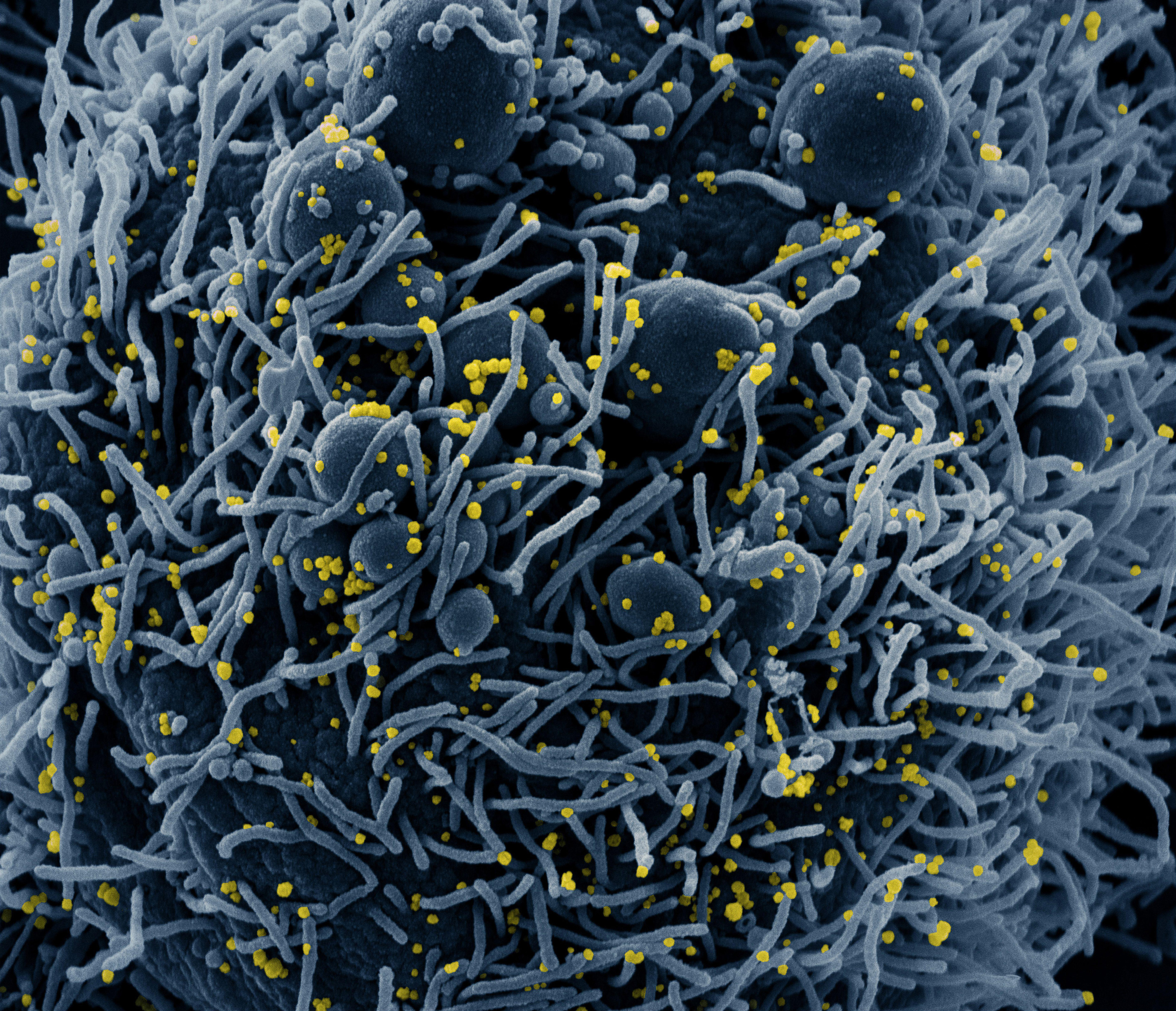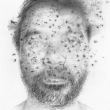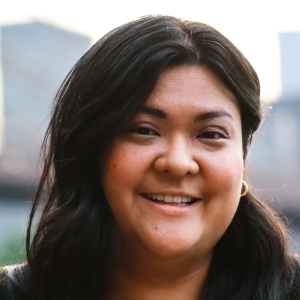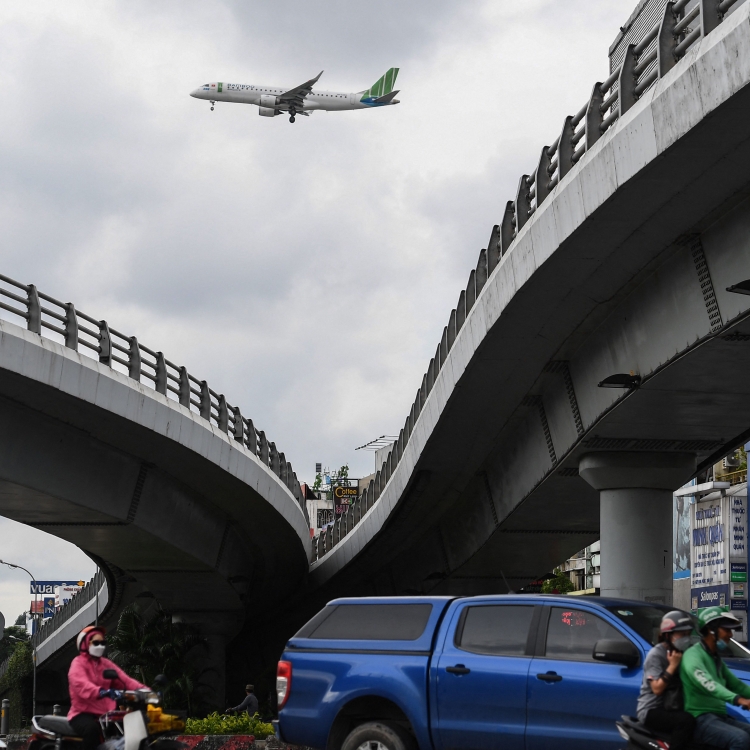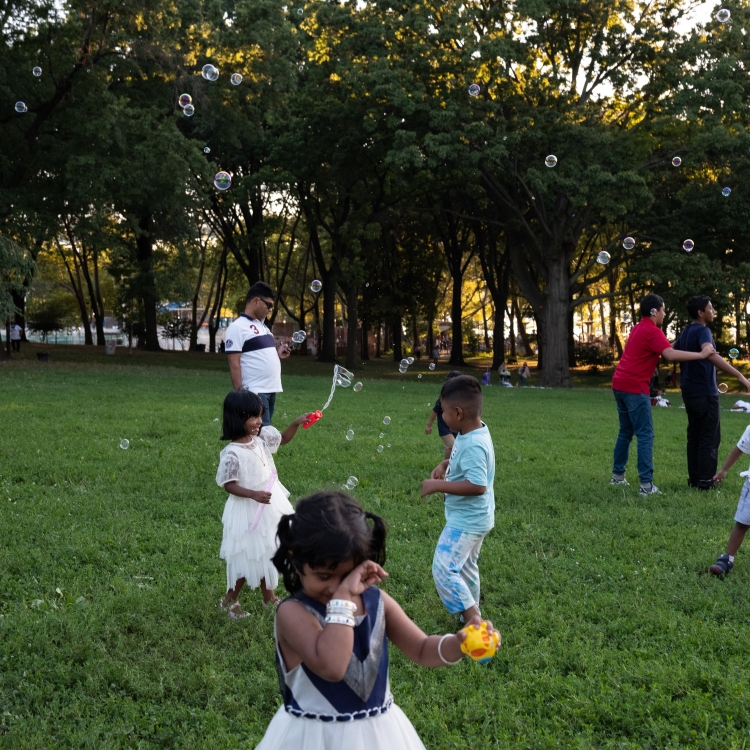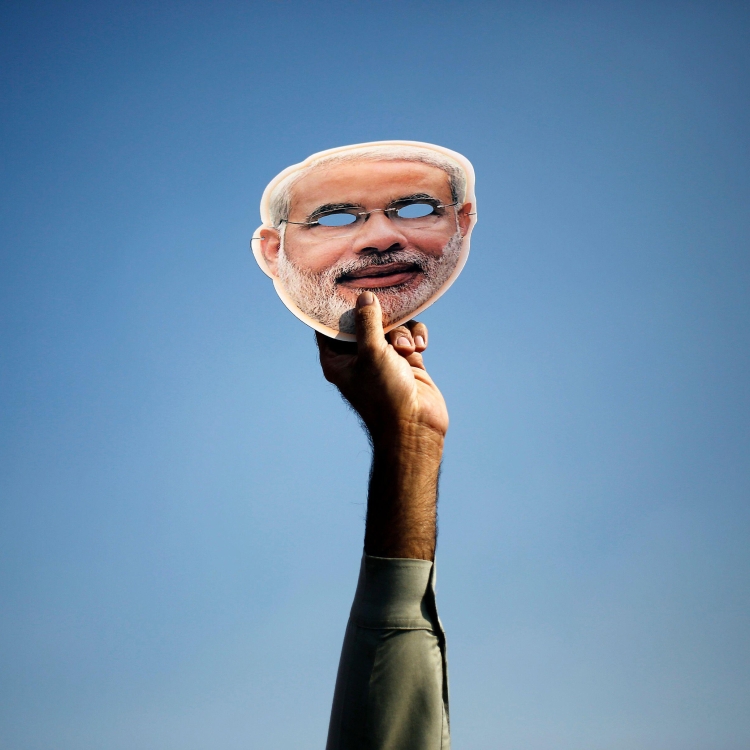magazine text block
I left my apartment and started walking down the stairs. You can do this, I thought. But I immediately felt weak and shaky. I gripped the bannister and told myself I’d be fine once I was walking on flat ground — I had to make it to urgent care, and soon. But, even though it was only 10 minutes away, the walk to the clinic was extremely difficult. I was moving very slowly, but still felt like I didn’t have any balance, like I was dragging my own body forward.
This was March 24, the early, uncertain days of the COVID-19 takeover of New York City. I had already been working from home for more than a week. And, from what I could tell between shallow breaths for air, so too had most of my neighbors. The streets were eerily quiet.
“I have bad news,” the urgent care doctor said. “You have pneumonia in your lungs in three different places.” She told me that I needed to go to the emergency room right away, where I’d be tested for coronavirus. She called an ambulance for me. I think I just responded “Okay.” And I started crying.
In the ambulance, I began to cry harder as they asked me questions about my insurance. I felt even weaker than I had just an hour earlier. When we arrived at the hospital, I could immediately sense the chaos as they checked me in and seated me in a wheelchair. On the way to my room, I took in the grim scene: every bed and chair occupied with sick patients, patients on gurneys waiting in hallways, dozens of pairs of feet sticking out of curtains. The sounds of coughing and the whirring of machines overwhelmed my senses. The security guard, my EMTs, and the ER nurse checking me in all had walkie talkies that were going off non-stop.
I ended up spending three days in the hospital. The day after I arrived in the ER, a doctor came in early in the morning and informed me that I had tested positive for the virus. After my first round of antibiotics seemed totally ineffective, he told me that if my condition didn’t improve, I would need to be put on a ventilator. He took down the phone numbers of my emergency contacts so he could update them if I was incapacitated.
magazine quote block
magazine text block
After he left, I mustered up the energy to grab my phone. I found a couple of articles explaining that ventilator survival rates were very low. I opened the Notes app and started writing messages — to my parents, my brother and sister-in-law, my niece, my best friends. I imagine that the messages were mostly professions of love and gratitude, but honestly, I don’t remember what I wrote. Later, while I was recovering at home, I didn’t have the heart to re-read what saying goodbye looked like, so I just deleted them.
After a second round of antibiotics and other medicine, my pneumonia improved, and I never had to be put on a ventilator. I was able to go home three days later. When I was discharged, my body was wrapped in a blanket and placed on a gurney to be taken by ambulance to go home. I was so weak — I had lost about nine pounds while in the hospital.
My hospitalization, while serious, was not anything particularly special or newsworthy. I am simply one of more than 25 million people worldwide to have survived COVID-19. Whether I’ve fully recovered, though, is a more complicated question. While the physical symptoms of the virus are gone, I continue to struggle with lingering mental health issues.
When I returned home from the hospital, I needed to remain isolated in my bedroom for two weeks. Without the normal distractions of life or any other human interaction, I was left with my dark thoughts amid the catastrophic daily news. My emotions never felt so out of my control. A news article, something a coworker said, or a song would send me into a tailspin for hours. I had what I would later realize were panic attacks, something I had never experienced before. I would sob uncontrollably for 20 minutes, the kind of crying that makes you struggle to catch your breath, and then I’d enter a catatonic state where I’d stare at the ceiling for up to an hour. I felt like a live wire, simultaneously highly emotional and closed off from family and friends. I had trouble sleeping.
I felt immense survivor’s guilt. That somehow my small and inconsequential life was spared instead of that belonging to a front line doctor, or the father of three young children that I would read about in the news. That I put medical professionals in danger by having to treat me amid a national shortage of personal protective equipment. That I was able to have a bed in a hospital, while friends of friends struggled to get an ambulance to help their elderly family members. I hated myself for getting sick and for inflicting this on other people.
magazine monotony-2
magazine text block
Even though I was recovering from the physical toll of my sickness, the virus was still ravaging the world — making it difficult to move on. But I learned to cope. I started speaking to a mental health professional who pre-diagnosed me with a form of short-term Post Traumatic Stress Disorder (PTSD) based on a questionnaire I took and a conversation we had. Frequent conversations with her, new cognitive techniques to keep intrusive thoughts at bay, candid conversations with my family, and distractions from friends have all been helpful.
I am now nine months past my diagnosis. I still struggle with intrusive memories of my sickness. These episodes happen out of nowhere. Recently, when I was walking on the streets of New York City and passed an urgent care clinic, I started crying silently as my heart started to race. I sped up to look for a place to sit. I found a bench in Washington Square Park and cried behind my sunglasses and mask for about 30 minutes.
The coronavirus pandemic has touched every aspect of society, and has greatly harmed the lives of many who have not been infected. Still, the coronavirus struggle is individual and personal. I am told I have acute PTSD. This implies that it won’t be something I will struggle with forever, and I am feeling better as time goes on. But my existence post-healing continues to be difficult. The sickness weakened my spirit, and that’s something I still am hoping to recover from.
